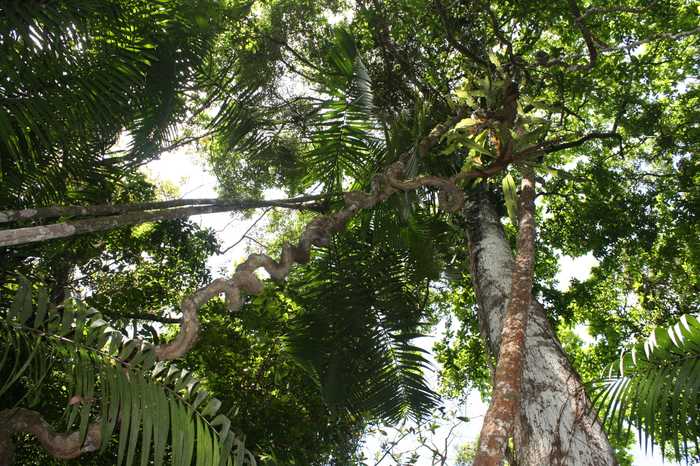
The UN-REDD Programme, a joint undertaking of FAO, UNDP and UN Environment to fight deforestation and forest degradation, was developed to advance the United Nations Framework Convention on Climate Change and to foster innovative and collaborative approaches to address the existential challenge of climate change. Today, it is a global knowledge hub for solutions to deforestation and forest degradation as part of natural climate solutions.
Read more
Related articles for further reading

Stopping deforestation and restoring damaged forests could provide a third of the climate solution by 2030 – and there are decades of effort under way around the world to protect forests as a response to climate change. One of the largest efforts is the UN-REDD Programme, which is ten years old this year. It is a joint undertaking of the FAO, UNDP and UN Environment to fight deforestation and forest degradation – and to foster new and collaborative approaches in response to the existential challenge of climate change. The Programme now encompasses 64 partner countries, and it has become a flagship UN partnership for the Paris Agreement and for delivering on the Sustainable Development Agenda. Today, it is a global knowledge hub for solutions to deforestation and forest degradation as explained by José Graziano da Silva, Director-General of the FAO, Achim Steiner, Administrator of UNDP, and Erik Solheim, Head of UN Environment.